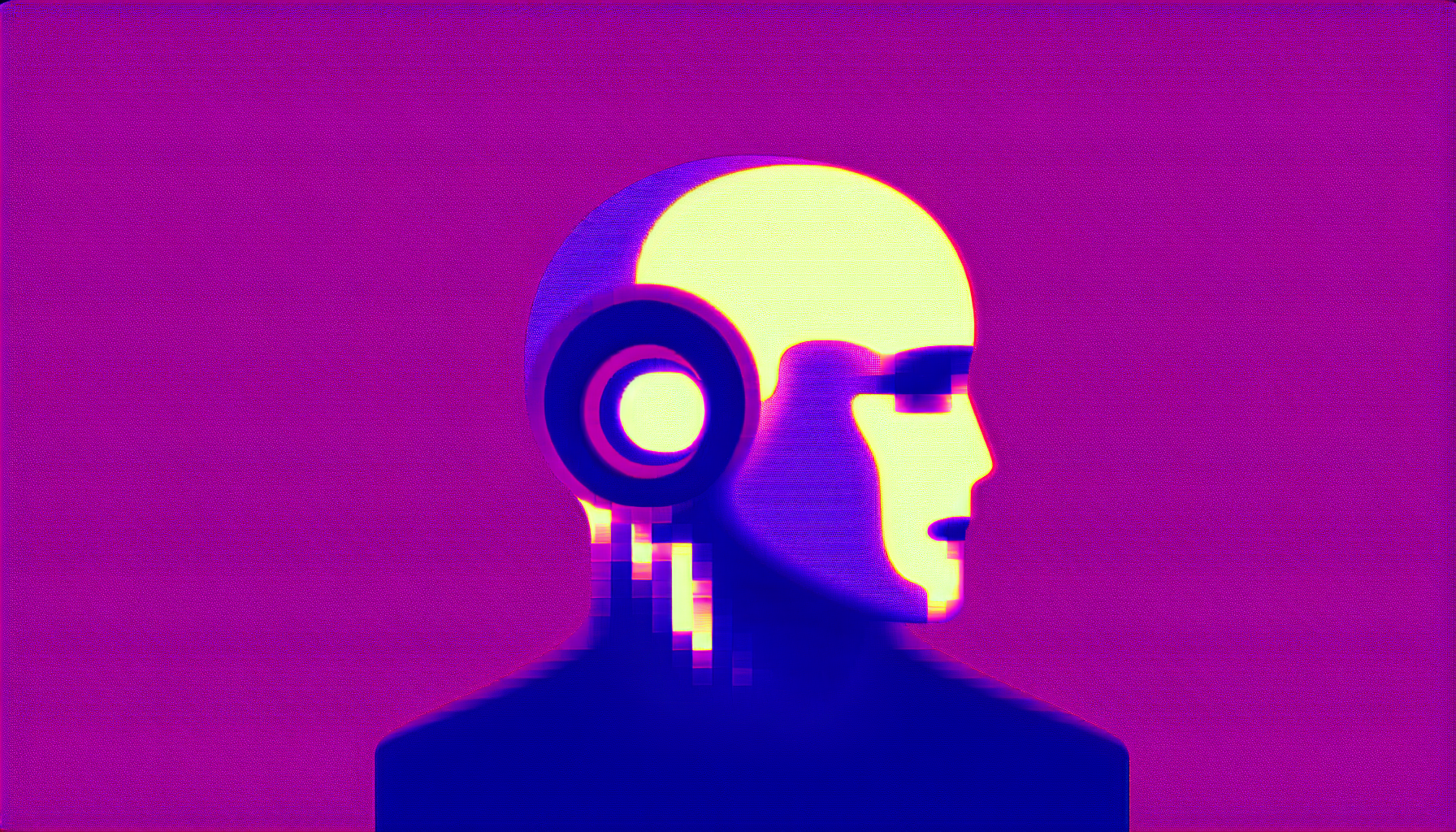If there is one thing humans have always been exceptionally good at, it’s fearing the inevitable. We’ve come up with some brilliant distractions: art, philosophy, and that ominous tick-tock in horror movies. But under all our grand designs, lurking in the corner like a forgotten umbrella, is the inescapable notion of mortality. Recently, however, with the rise of artificial intelligence, some of us have started to entertain the possibility of a world where death might just take a backseat. Welcome to the ethical maze of AI and the pursuit of immortality.
The Allure of the Eternal
For centuries, humans have dreamed of living forever. From the Fountain of Youth to the philosopher’s stone, we have persistently chased the elixir of life. Fast forward to today, and technology dangles immortality tantalizingly before us. Imagine uploading your consciousness to a server or embedding your mind into an AI, effectively casting a silicon line into the stream of eternity. It seems science fiction is morphing into science reality, turning bedtime stories into engineering blueprints.
However, mythic promises of immortality bristle with bleak realities. Consider this: would an eternity of consciousness be paradise or a prison? Would newfound eternity bestow meaning or strip it away? Before you start shopping for infinity-friendly decor, let’s traverse the ethical path that wriggles through this brave new world.
Mortal Dilemmas
Here’s where the ethical dance gets interesting, or possibly starts resembling an argument at a dinner party. At first glance, digital immortality sounds splendid. But who exactly gets to live forever? If you suspect that not everyone might qualify for this eternal upgrade, congratulations, you’ve hit the jackpot of ethical quandaries. Will it be reserved only for those who can afford it, creating a dystopian divide? Will eternal life become a luxury for the elite, while the rest of us remain tenants of the mortal coil?
Moreover, what happens when the lines between human and machine blur? As AIs become capable of housing human consciousness, what does it mean to be human? Would we lose our essence, our… je ne sais quoi, that makes us who we are? You could find yourself throwing existential darts at a wall, pondering where your identity ends and algorithms begin.
The Ripple Effect
Let’s rip open the envelope of unintended consequences and take a peek inside. The pursuit of immortality could have seismic effects on society and the planet. Imagine a world where no one ages past thirty-five, never has a bad hair day, and weighs exactly what they want. Let’s face it; we’d be terrible company. But this frozen-in-time approach exponentially increases resource consumption and overpopulation. Earth might start looking like a discount store on Black Friday—filled beyond capacity and teetering under its own weight.
An immortal society might also stagnate culturally and technologically. Without the proverbial cycle of life and death bringing in new blood and fresh ideas, progress might halt like a stubborn Wi-Fi connection, leaving human creativity on an eternal loop of mediocrity.
Terms and Conditions May Apply
Should we chance upon the formula for immortality via AI, would there be a ‘reset’ button for those who get weary of eternity? If maintaining a digital existence becomes burdensome or downright boring, would consent include the option for oblivion, or would we be obligated to endure, truly making it a case of “be careful what you wish for”?
The legal and ethical frameworks for “living” forever are, unsurprisingly, non-existent at this point. Sorry, your terms and conditions are still buffering. But laws would need to evolve to ensure ethical use, address consent, and perhaps even define what constitutes a good ‘death’ in the realm of immortality.
The Human Factor
In the end, the most profound question might not be whether we can achieve artificial immortality, but whether we should. In our rush to escape mortality, are we overlooking the beauty inherent in our finite lives? There’s something deeply human (albeit morbidly microbial) in knowing that we have only so much time. It propels us to live meaningfully, to love fiercely, and occasionally to forgive begrudgingly.
Artificial immortality, should it ever come to fruition, may offer a paradoxical truth: that impermanence is where life derives its most profound value. So before we endeavor to infuse chips with our essence, perhaps we should consider if what we’re really after isn’t just more time, but more life within the time we have.
In the grand tapestry of human existence, mortality is the thread that dances, weaves, and ultimately shapes the picture. Take away that thread, and it’s worth pondering whether you’re enhancing the art—or unraveling it.

Leave a Reply